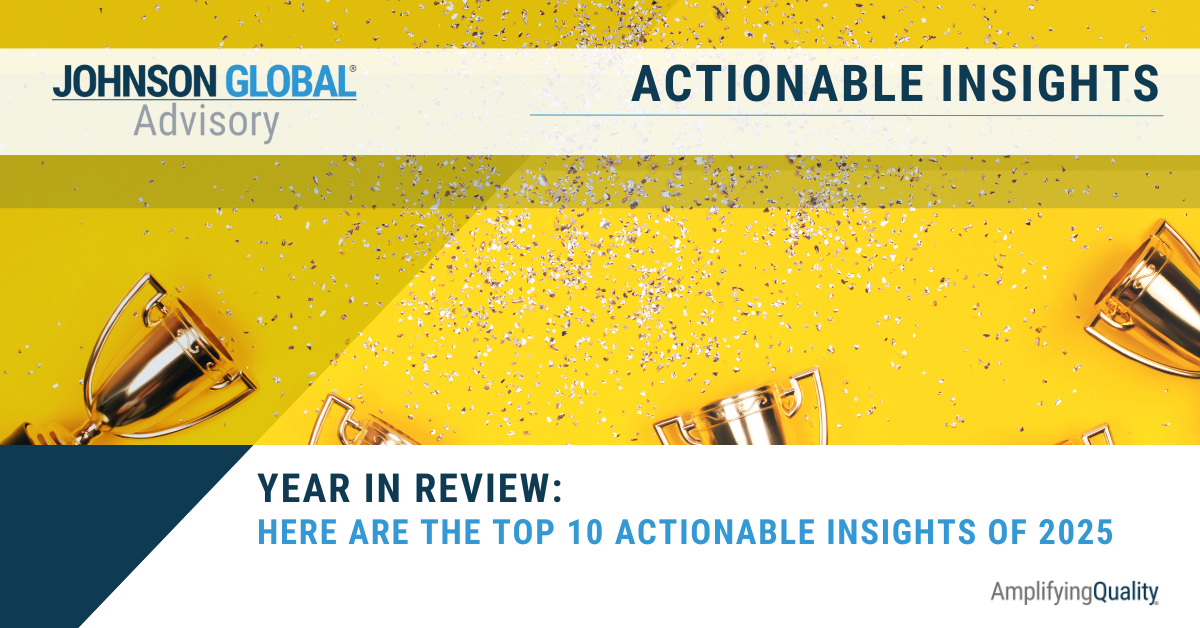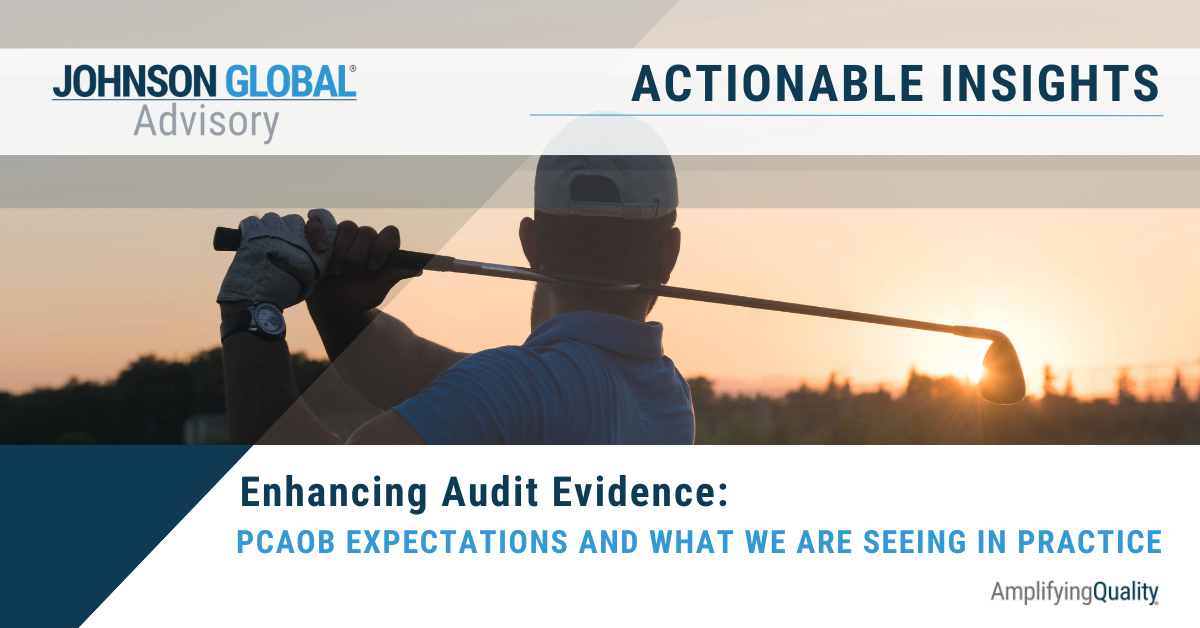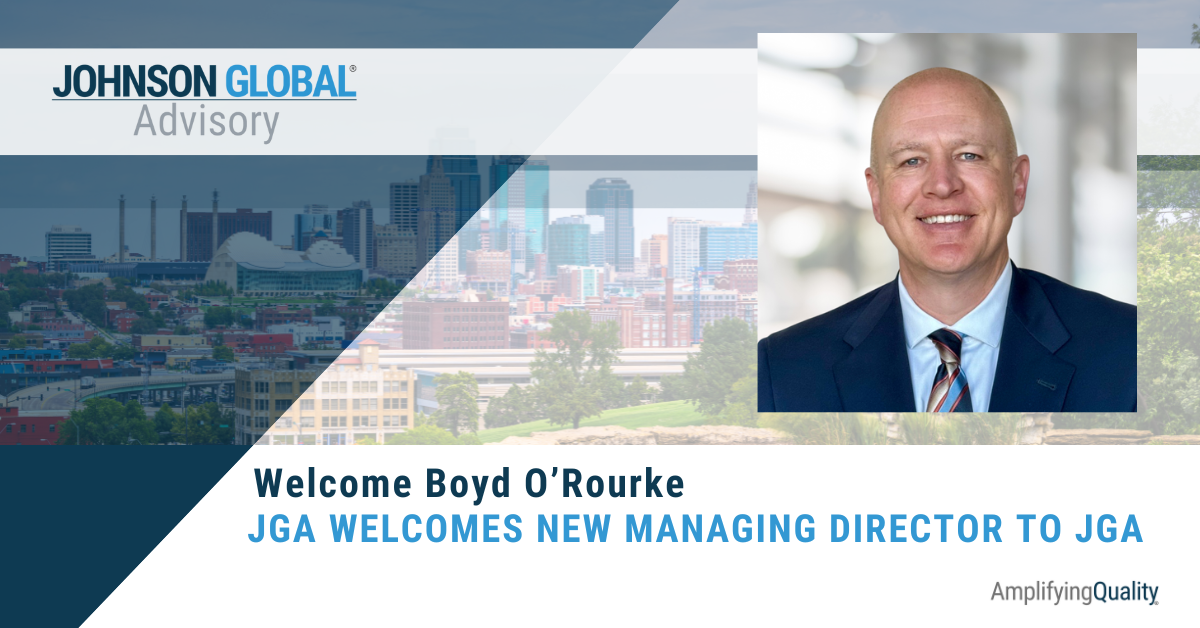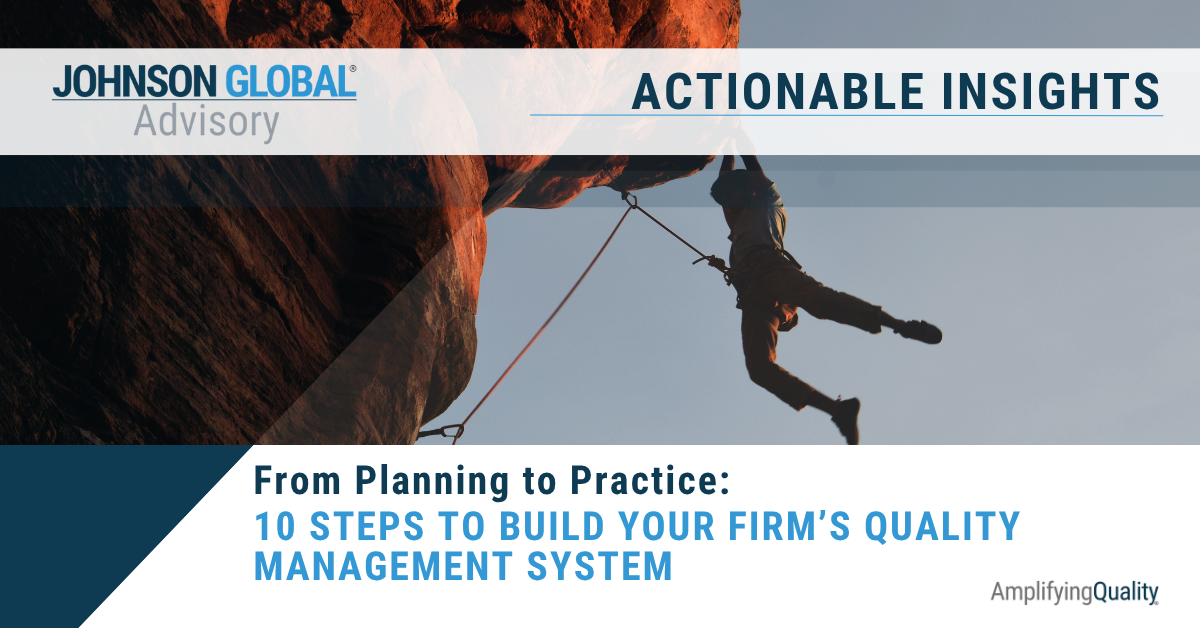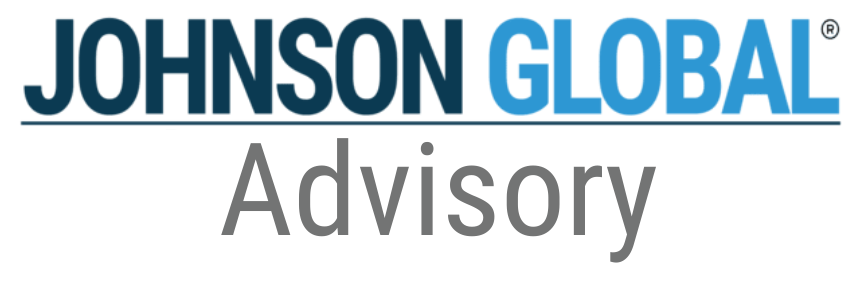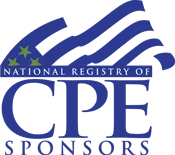Cybersecurity: What Role Do Auditors Play?

We’ve all read the headlines about large corporations with major cybersecurity breaches. As these incidences continue to occur, there is significant discussion in the regulatory environment, including from the PCAOB, about how to mitigate this risk. What role do auditors play in addressing cybersecurity risks?
There is very little guidance from the PCAOB directly related to this topic. Although her term will be ending later this month, Board Member Kathleen Hamm has given numerous speeches in the past couple years on cybersecurity providing some insight into the Board’s view (of course every Board member is quick to disclaim their speech noting that their views expressed are not necessarily the views of the Board itself). Overall, the fact remains, auditing standards are still silent with respect to cybersecurity specifically.
In her May 2019 speech 1 , Board Member Hamm asks us to question the auditor’s involvement in the following: “Today, based on our current standards, an auditor of public company financial statements plays an important, but limited, role with respect to cybersecurity. The auditor does not broadly evaluate the company’s overall cybersecurity risk or the design and operating effectiveness of non-financial controls adopted by the company to mitigate that risk…Can auditors do more?”
When there is a known cybersecurity incident, the company itself must investigate and assess the magnitude of the breach and then consider the impact on financial reporting including accounting for fees and potential contingent liabilities related to the breach and appropriately disclosing the breach to the public. To the extent it impacts the financial statements, it’s perhaps easier to say with confidence that auditors must perform procedures to understand and corroborate management’s assessment and evaluate the accounting for and disclosure of the breach in the financial statements. These considerations arise with known cybersecurity breaches.
But what about the risk of a cybersecurity breach? Board Member Hamm stated: “Unless an organization runs entirely on manual processes without using technology or the Internet, I believe auditors should consider cybersecurity as part of the audit risk assessment…If the auditor identifies a risk related to cybersecurity that could have a material effect on a company’s financial statements, the auditor should then design and execute procedures to address those risks. For an integrated audit, this work would include testing relevant controls.”
Given that almost every public company uses email and the internet, is it possible for an auditor to conclude that there is NOT a significant risk with regards to cybersecurity? And regardless of whether it is an integrated audit or not, is it possible to overcome a significant risk related to cybersecurity without testing controls?
For known cybersecurity breaches, it might be feasible for an auditor to conclude on the design and operating effectiveness of controls that address the known breach. These controls would essentially govern the company’s process around the investigation and disclosure of the incident and the correlated accounting and financial reporting for the breach. But what about 1) controls designed to prevent cybersecurity breaches and 2) controls designed to identify cybersecurity breaches?
In a world of ever-evolving technology and increasing threats from hackers worldwide, how could any auditor conclude that controls are sufficiently designed to prevent a cybersecurity breach? Even large technology companies such as Google, have had known cybersecurity breaches. So how could any company claim to have controls suitably designed to prevent a breach and how could any auditor comfortably conclude that controls are appropriately designed and operating effectively? Would the fact that a breach occurred automatically mean that the company has a material weakness in its internal controls if the impact was material to the financial statements?
And what of controls intended to identify a cybersecurity breach? Board Member Hamm cited that, “According to a recent study, the average time to identify a breach is 196 days – more than six months. Therefore, a real possibility exists that a breach has occurred and has not yet been identified or disclosed to the engagement team.” Considering accelerated filing timelines, 196 days would be more than four months past certain SEC reporting deadlines. How could an auditor conclude that management has appropriate controls in place to produce financial statements that are free of material misstatement if most cybersecurity incidences are not identified until months after filing deadlines?
Perhaps a greater question is whether this is really the role of the financial statement auditor? Or is this perhaps the role of an IT auditor? In addition to an opinion on the financial statements, should public companies be obtaining IT audit opinions over the sufficiency of their information technology systems, taking into account the risks of cybersecurity?
There is very little I can say with certainty. However, I can say that the risk is real and relevant and regulators across the board are paying attention to it. As an auditor, you should be asking tough questions about cybersecurity both of your clients and of yourselves, such as:
- Are there any known cybersecurity incidences during or subsequent to the audit period?
- If so, what procedures has the company performed to investigate and conclude on the potential magnitude? Has the company reported the breach to the appropriate regulatory bodies and/or investor groups? Has the company appropriately accounted for and disclosed the breach in the financial statements?
- What controls has the company put in place to mitigate the cybersecurity incident and prevent potential future breaches?
- Given the information gathered from the above questions, is there a potential material weakness in internal controls over financial reporting?
- If there are known breaches, does the auditor have the requisite skillset and expertise to understand and evaluate the breach independently and conclude on the procedures and controls management has implemented? Or should the auditor engage an IT expert to assist?
While we may debate the role each party is to play with regards to cybersecurity and it may feel like navigating uncharted waters with very little guidance, rest assured that the PCAOB and other regulators are keyed into this topic and it is not going away.
1 PCAOB Board Member Kathleen Hamm. Cybersecurity: Where We Are; What More Can be Done? A Call for Auditors to Lean In. May 2, 2019
About Johnson Global Advisory
Johnson Global partners with leadership of public accounting firms, driving change to achieve the highest level of audit quality. Led by former PCAOB and SEC staff, JGA professionals are passionate and practical in their support to firms in their audit quality journey. We accelerate the opportunities to improve quality through policies, practices, and controls throughout the firm. This innovative approach harnesses technology to transform audit quality. Our team is designed to maintain a close pulse on regulatory environments around the world and incorporate solutions which navigate those standards. JGA is committed to helping the profession in amplifying quality worldwide.
Visit www.johnson-global.com to learn more about Johnson Global.
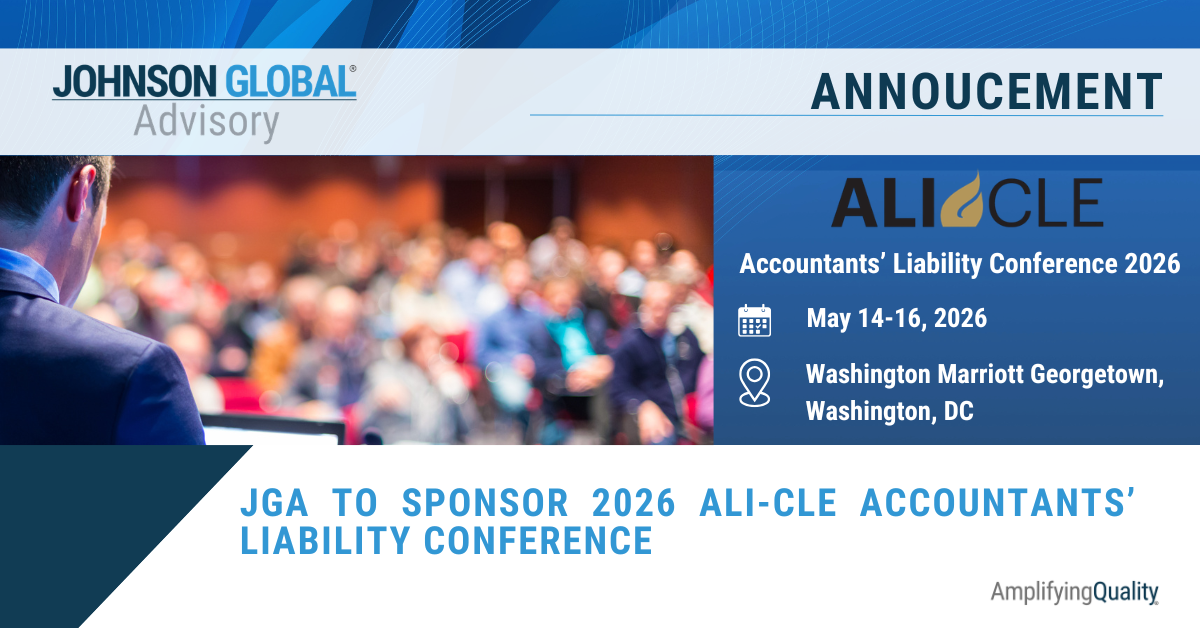
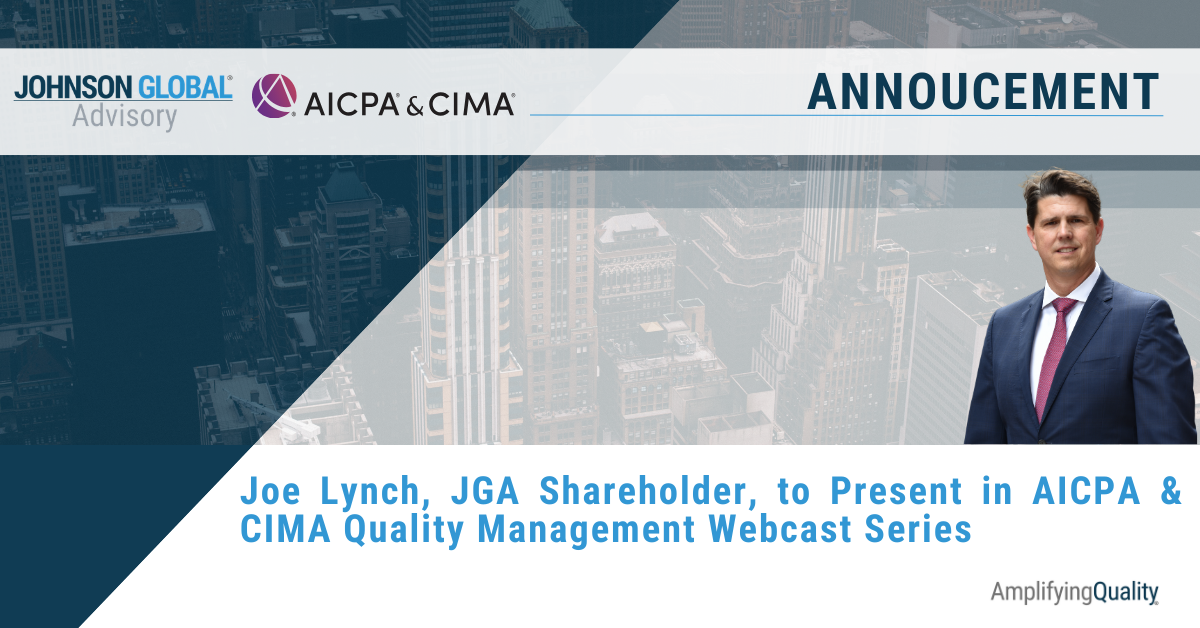
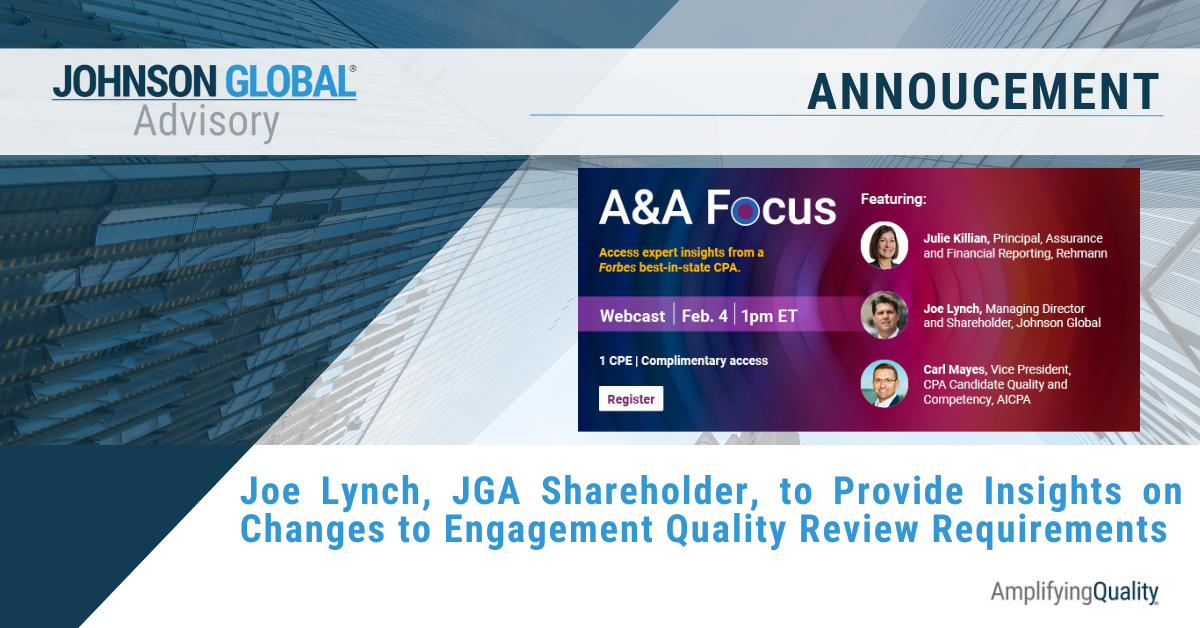
Joe Lynch, JGA Shareholder, to Provide Insights on Changes to Engagement Quality Review Requirements

